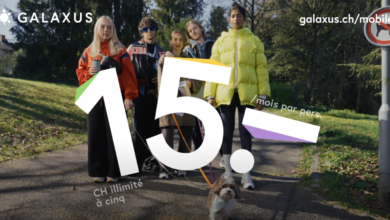MDW24 : le site est ouvert

Le site du concours Meilleur du Web est désormais ouvert. Cette édition est la 14e et elle est marquée par l’entrée de l’IA dans une des catégories.
Pour la première fois, nous avons ajouté une sous-catégorie dédiée à la Création avec IA. Dans cette catégorie, nous cherchons à récompenser les projets qui utilisent de manière originale l’IA pour générer des éléments créatifs comme des textes, des images, des photos ou des sons. L’accent est mis sur l’innovation et la façon dont l’IA est intégrée dans le processus créatif.
Pour les autres catégories, l’utilisation de l’IA est également possible mais sera considérée différemment. Vous pouvez mentionner l’utilisation de l’IA lors de l’inscription de votre projet, mais cela servira principalement à informer les juges de votre approche technologique sans influencer directement l’évaluation de votre projet.
Pour rappel les onze catégories sont : Technologie, Innovation, Mobile, UX/UI, Marketing et Efficacité Business, Création et création IA (nouveau), Branding, Campagne d’influence, Communication digitale dans le sport, vidéo, Planet Hoster RSE. Vous trouverez une plus ample description de celles-ci via ce lien.
Délais pour inscrire vos projets : le 27 octobre 2024
Soirée de remise des CUBES : le 20 novembre 2024 au Musée Olympique





